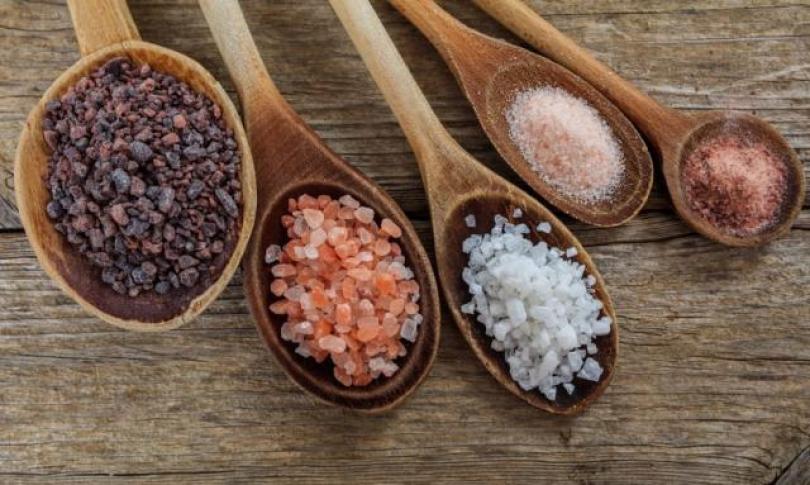
By Mustapha Bature Sallama
Salt, a simple crystal compound made of sodium chloride (NaCl), is a cornerstone of human survival and culinary delight. In Ghana, its significance transcends the kitchen, serving as a key player in the nation’s economy, health, and culture. However, this essential mineral is also at the center of growing health concerns in a region battling non-communicable diseases.
Ghana has long harnessed its natural advantages to produce salt, with the industry generating approximately 250,000 metric tons annually through solar evaporation of seawater. This method, prevalent along the coastal areas, positions Ghana alongside Senegal as one of the few West African nations capable of producing salt in commercial quantities. In 2022 alone, Ghana exported $4.36 million worth of salt, solidifying its place as the 59th largest salt exporter globally. Yet, this represents just 0.022% of Ghana’s total export earnings, highlighting untapped potential in a resource-rich sector.
Beyond its economic contributions, salt is indispensable for the human body. It regulates blood pressure, balances bodily fluids, transports nutrients to cells, and aids in muscle and nerve function. According to medical experts, salt also supports the secretion of gastric acid and helps maintain a stable pH level. These benefits underscore why salt is not just a culinary staple but a biological necessity.
Salt comes in various forms, including table salt, kosher salt, sea salt, pink Himalayan salt, and fleur de sel, each offering unique flavors and textures. Despite its versatility, the overconsumption of salt is a growing health crisis in Ghana and across sub-Saharan Africa. High sodium intake has been linked to hypertension and cardiovascular diseases (CVD), which now account for 35% of all deaths in the region. A staggering 2.6 million lives are lost annually to non-communicable diseases, with CVD contributing significantly to this burden.
In Ghana, dietary sodium intake far exceeds global recommendations. Women consume an average of 8.6 grams per day, while men consume 7.5 grams—well above the World Health Organization’s suggested limit of 5 grams. Younger adults under the age of 50 are particularly at risk, with an average intake of 9.7 grams daily.
Personal stories from Ghanaians reveal the delicate balance between salt’s benefits and risks. Hajia Muni, a 65-year-old from Kumasi, has lived with CVD for over a decade and has switched to Celtic salt to reduce her health risks. Meanwhile, Hajia Hadiza, also 65, was recently discharged from the Komfo Anokye Teaching Hospital with advice to increase her salt intake due to low blood pressure. In Ejura, 70-year-old Aunty Mawusi, who is recovering from a stroke, shared her struggle with avoiding salt entirely, lamenting the tastelessness of meals without it.
Health experts, such as Dr. Mathias Azure from Manhyia Government Hospital, caution against excessive salt consumption, noting that “three-quarters of the salt we consume comes from processed foods like bread, cereals, and ready meals.” Dr. Azure recommends limiting daily salt intake to no more than 6 grams for adults—roughly a teaspoon. For children, the limit varies by age, while infants should have minimal exposure due to their underdeveloped kidneys.
Reducing salt intake is essential for addressing the rising epidemic of hypertension and CVD in Ghana. Public health campaigns, stricter food industry regulations, and individual awareness are necessary to promote healthier lifestyles.
Salt is undeniably a vital resource for Ghana, fueling both the economy and our bodies. But like all good things, it requires moderation. By understanding its multifaceted role, Ghanaians can enjoy its benefits while mitigating its risks, ensuring a healthier and more prosperous future for all.
